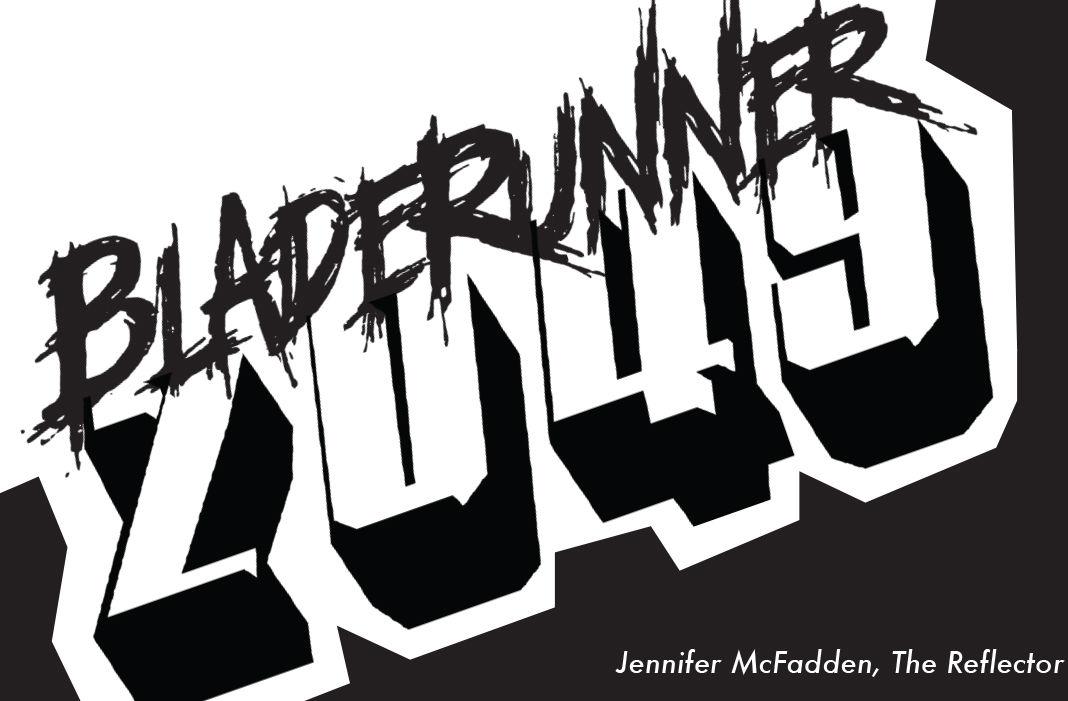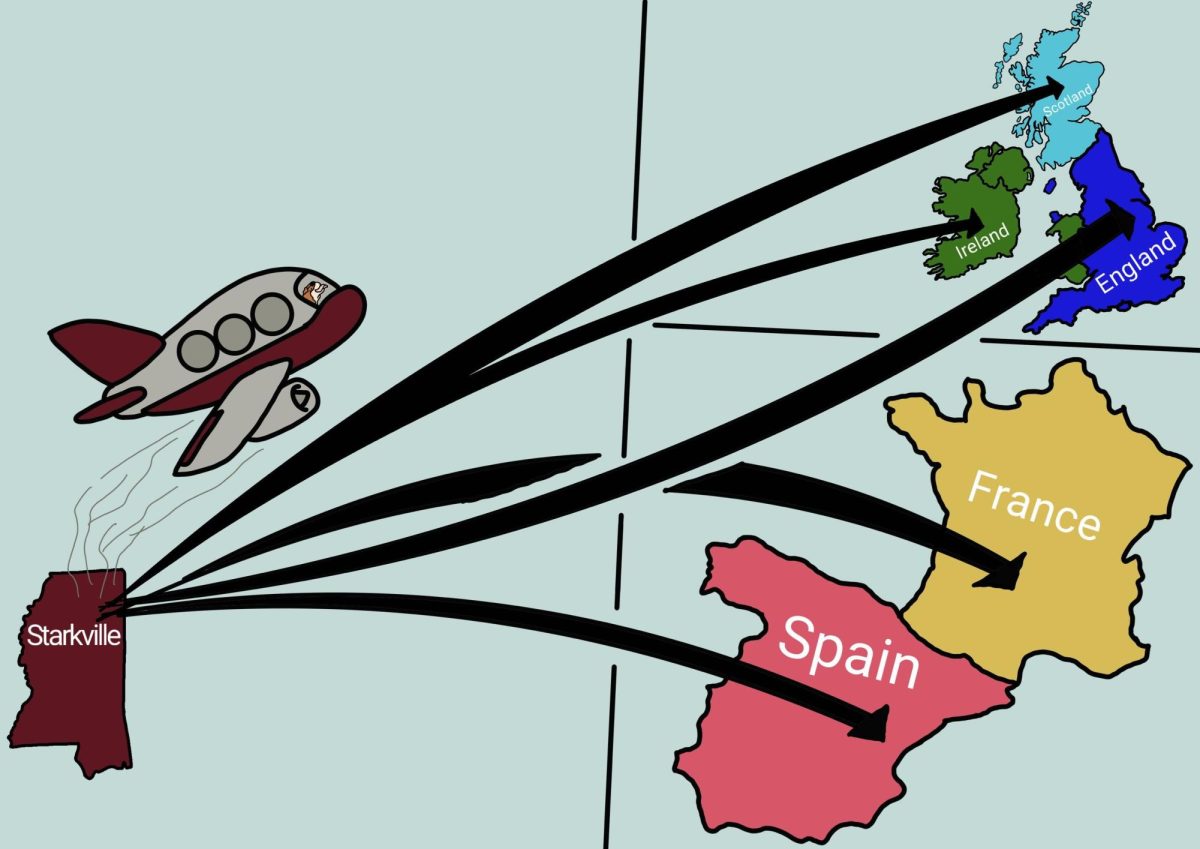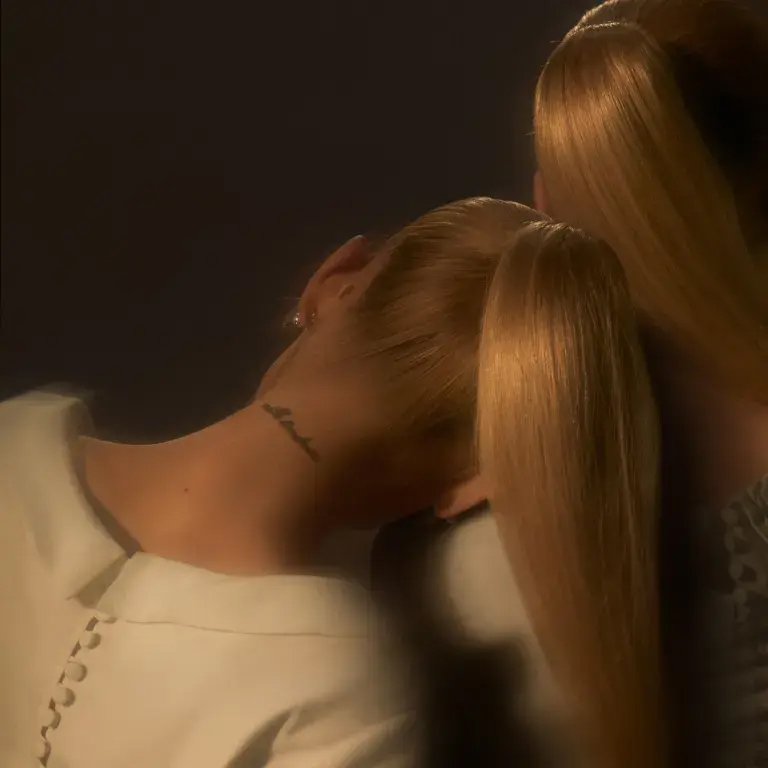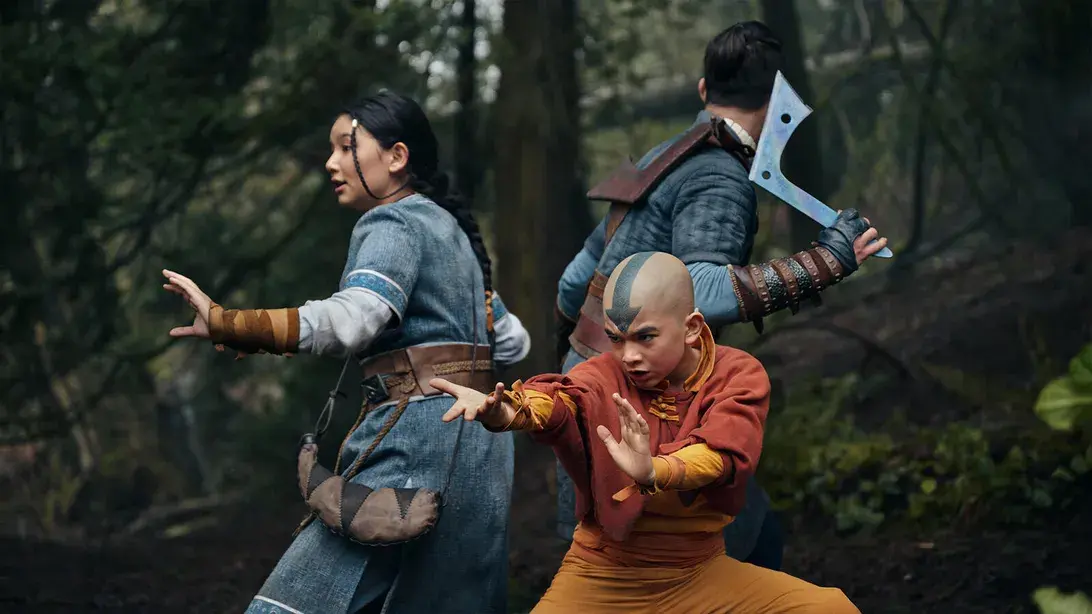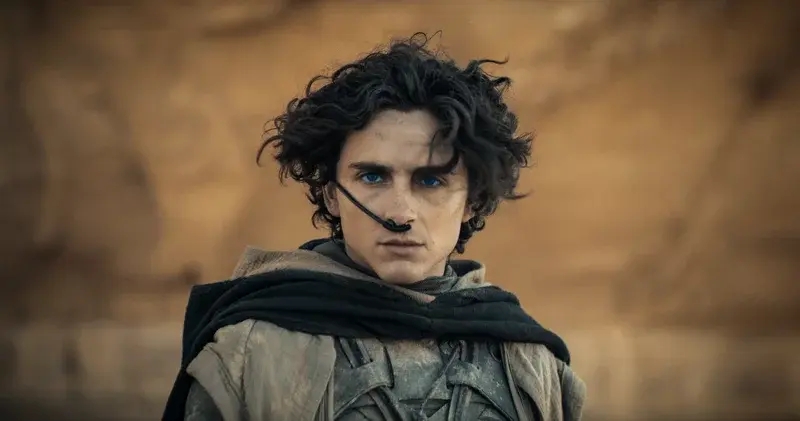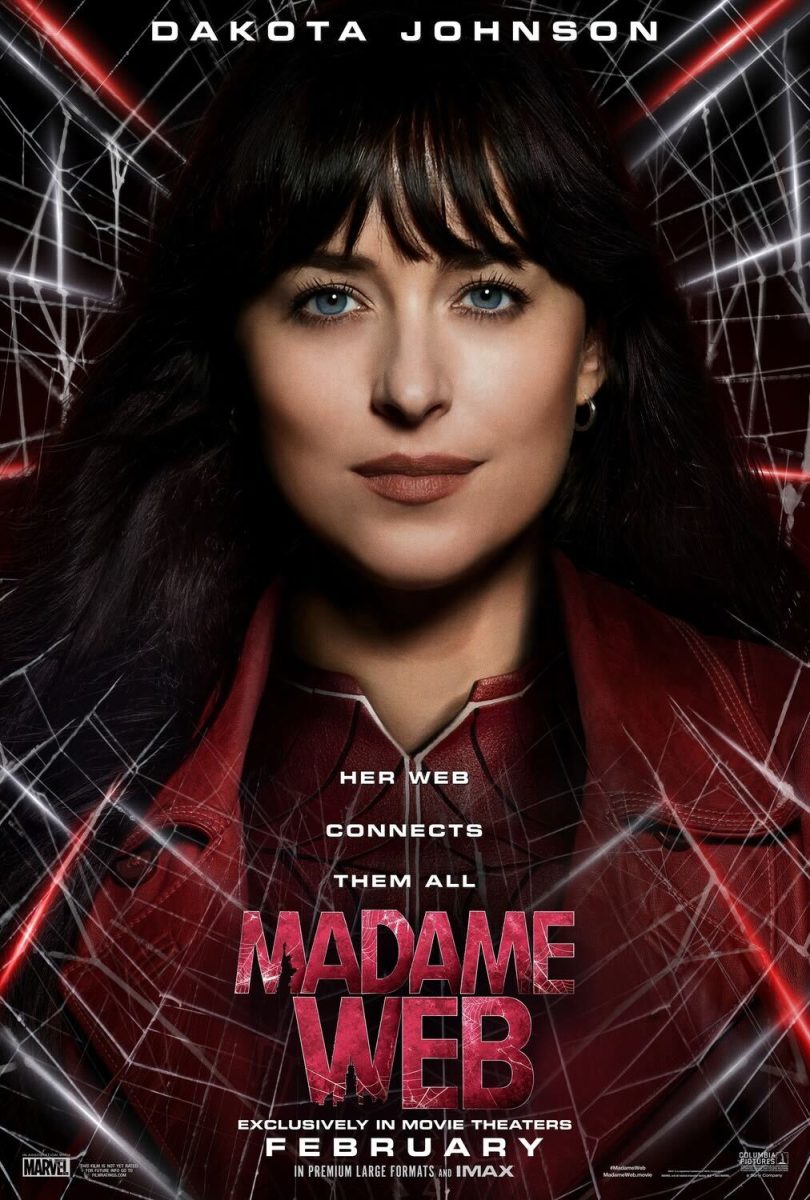I have not stopped thinking about Blade Runner since I saw it the first time.
I want to see it three or maybe four more times before it leaves theaters. This kind of movie that left me considering all it had to say about the world does not come around very often.
While thinking about this film on one of my drives home from work, I think I realized there is something special buried in the hard-outer shell of “Blade Runner 2049.”
Much like the original Blade Runner, this film deals with the question, “What does it mean to be human?” and there are a lot of different ways this movie attempts to answer it.
Maybe the film is trying say to be human is to procreate or have a soul. However, while those may be this film’s answers to its own question, they do not satisfy my desire for a deeper answer to a question so profound.
Before I go on, I implore you to go watch this movie, then come back and read what I have to say. There are spoilers aplenty ahead.
Here it is, here is the answer I found “Blade Runner 2049″ gives to its central, overbearing question: what does it mean to be human?
The ability to love.
That is right, and not just any love, sacrificial love.
Cheesy, yes, but do not stop reading just yet. Hear me out. There is a compelling case behind my theory.
The movie operates around three key relationships or lack thereof: K and Joi, K and Deckard, and Deckard and his daughter.
The aspect of this film I found most compelling was K and Joi’s relationship.
Joi is essentially a holographic girlfriend. Much like K and the rest of the replicants, we aren’t necessarily sure how she works.
We know she is a projection, but there is some degree of facial expression mapping. She scrolls through dresses and gauges K’s reaction accordingly.
All the way through her story arc, I remember thinking the degrees of artificiality within her character were particularly interesting. However, after getting home and thinking through the relationship more, I realized the relationship is really messed up. Essentially the slave, K, has a slave in Joi.
There is one beautiful moment in their story, when K downloads Joi into an imitator and takes her outside for the first time. K walks out onto the roof while it is pouring raining and Joi follows suit.
As the rain falls through her holographic image, she pauses, and watches her hand and she adjusts to the rain, essentially mapping it to her skin. This moment is key, because Joi is essentially adjusting to her new reality.
Her identity has inherently changed and the movie takes time to show this.
Later, we get this key moment when Luv steps on the imitator and, essentially, kills Joi. The music swells and she says “I love y….” and dies.
I found peoples’ reactions to this fascinating. Most people I talked to did not feel much at all.
I only felt a twinge of sadness during this moment. None of the audience seemed to view this relationship as based in real love. Even K, in the back of his mind, knows this, and, yet, he desperately wants it to be true.
K is trying to find out what it means to be human through Joi.
Everything around him makes him aware he is not human. Once he gets home, it is his opportunity to play house.
He comes home to a hologram woman he can control, which is what he feels is normal. That is essentially K and Joi’s relationship.
This brings us to the next key moment of the film, when K believes he is the child he has been looking for.
Think about how world-crushing that revelation would be, to believe you were essentially a robot for your entire existence and then suddenly hear you were human?
Again, the movie pauses and gives us a moment to reflect on this concept.
K stands in the snow and watches the snowflakes land softly on his hand. It is a callback to Joi’s moment earlier in the film; K is adjusting to his new reality.
This reality, he believes, makes him human.
Then, there is K’s and Deckard’s relationship. Here, I think, is where K truly learns what it means to be human.
At this point, K still believes he is Deckard’s son and thus, confronts him about leaving. He is hostile about it, as anyone would be.
Deckard finally breaks and says to K, “sometimes to love someone, you have to be a stranger.”
Deckard had to give up his relationship with his child for the child to have a life. He could not speak to his child in order to protect her.
He could not watch her grow up. His child could never know his identity. He sacrificed whatever desire he had to be a father for the life of his child.
At the end of the film, K takes Deckard to see his daughter. They exit his vehicle and walk to the steps, covered in snow. Deckard asks if he is alright, K nods and Deckard leaves him to go inside.
Once again, the movie pauses. K sits on the steps and watches the snowflakes land on his hand.
Here, I think he realizes what true love really is. He sacrificed his life for Deckard and his daughter. All he wanted all along was to be loved.
Every billboard we see of Joi in the film tells us a person: “everything they want to see and hear.” Throughout the film, she tells K how happy she is with him and that she loves him. He longs for her love, even if he knows the relationship is not real.
K’s new reality forces him to acknowledge true love as sacrifice.
Finally, Deckard walks into the building, only to find his daughter holding out her hand in the middle of a snowstorm. The movie gives us a close shot of her hand before she turns to him and gives the last line of film.
“Isn’t it beautiful?”
‘Blade Runner 2049’ shows what it means to be human
Donate to The Reflector
Your donation will support the student journalists of Mississippi State University. Your contribution will allow us to purchase equipment and cover our annual website hosting costs.


















































































